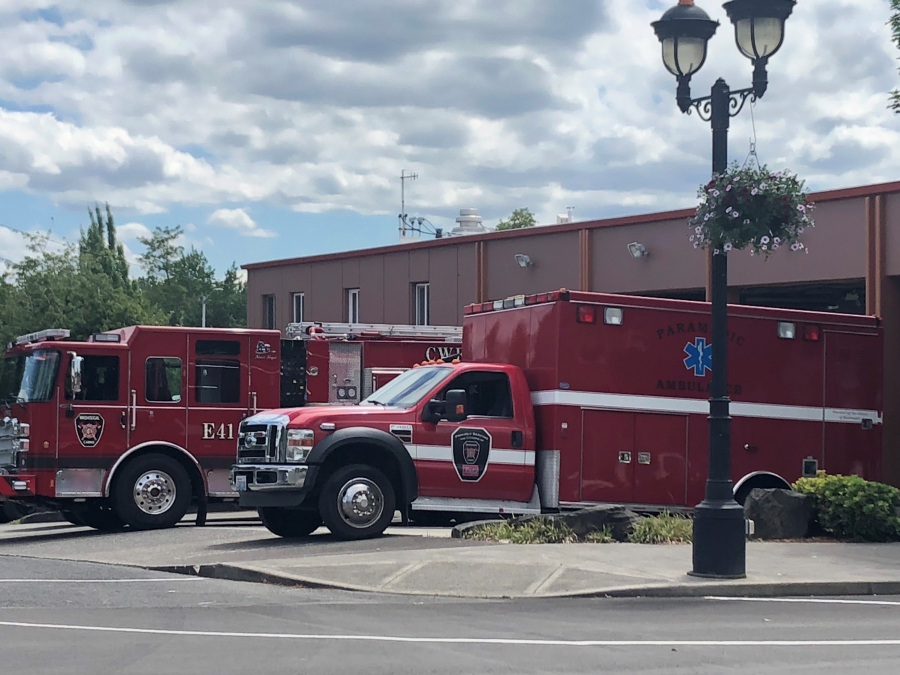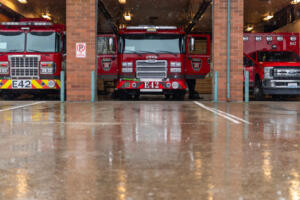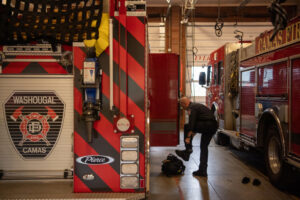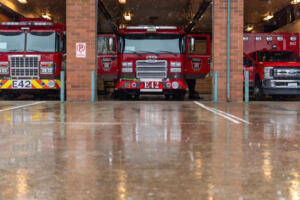Consultants hired by the city of Camas in May to review the 9-year-old merger of Camas’ and Washougal’s fire departments say they hope to present an analysis of the Camas-Washougal Fire Department as well as “sustainable and equitable” alternatives to officials by the end of the year.
The Tualatin, Oregon-based Merina + CO will meet with stakeholders, conduct a facilitated analysis of the decade-long partnership between the cities’ fire departments that formed the existing Camas-Washougal Fire Department in December 2013, and develop recommendations for the future of fire and emergency medical services in the Camas-Washougal area. The Camas City Council unanimously approved the $94,770 contract with Merina + CO on May 17.
Rob Moody and Courtney Seto, with Merina + CO, updated Camas City Council members on their team’s progress during the Council’s work session on Tuesday, Sept. 7.
City leaders in Camas and Washougal have said they hope the consultants will be able to come up with a solution that allows the fire department to meet the community’s growth and increased needs without putting the bulk of the financial strain on any one jurisdiction.
“The cost-sharing formula that forms the basis of the CWFD merger has created friction in the partnership, and has, at times, threatened the continuance of it,” CWFD Fire Chief Nick Swinhart told city councilors in May. “Both cities have expressed frustration at their inability to fund the necessary growth of the fire department.”





